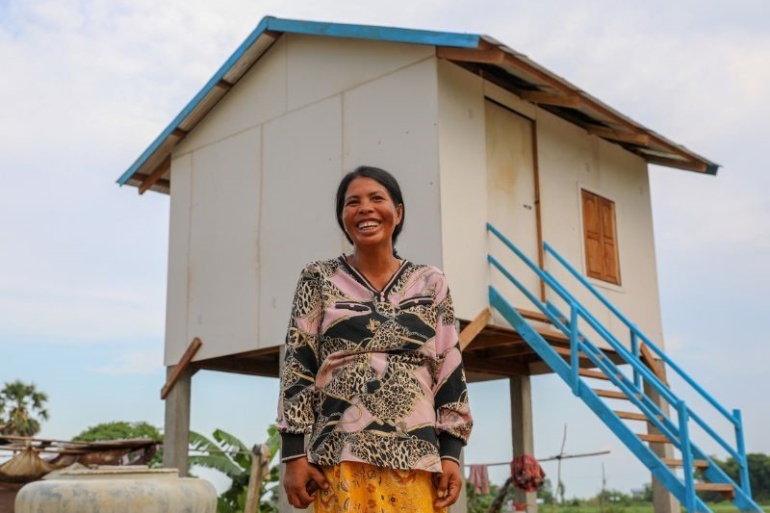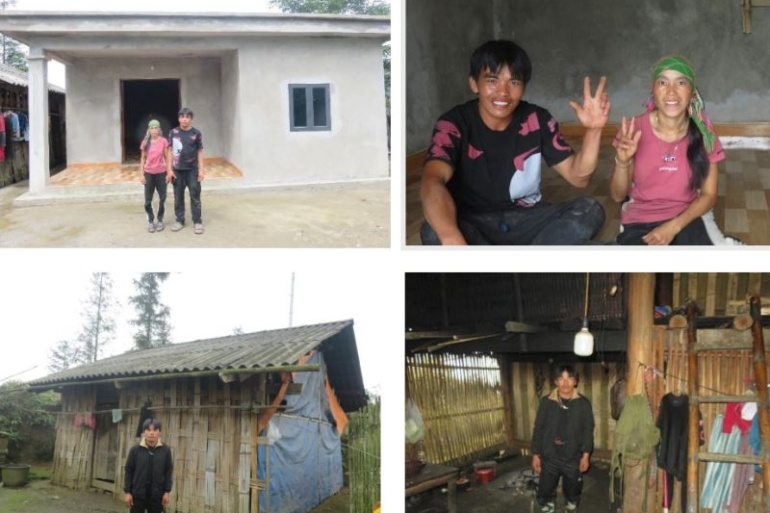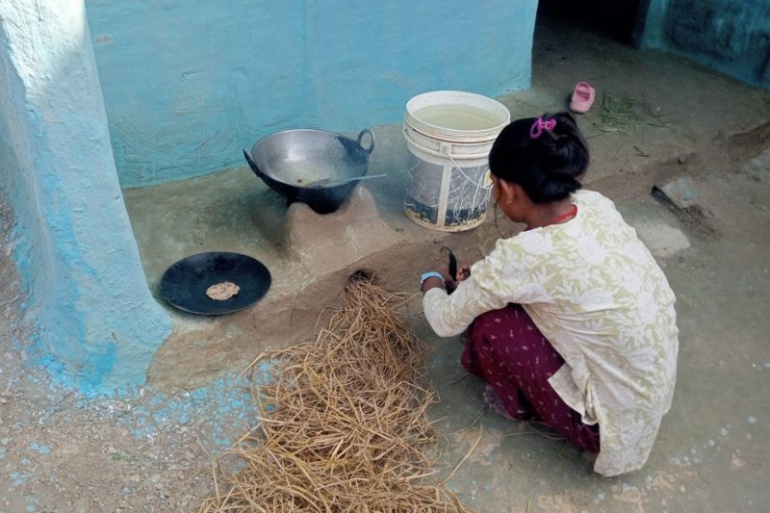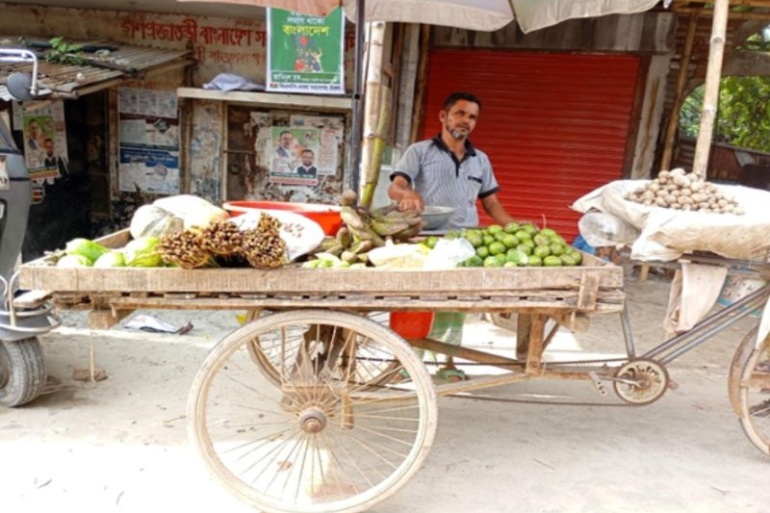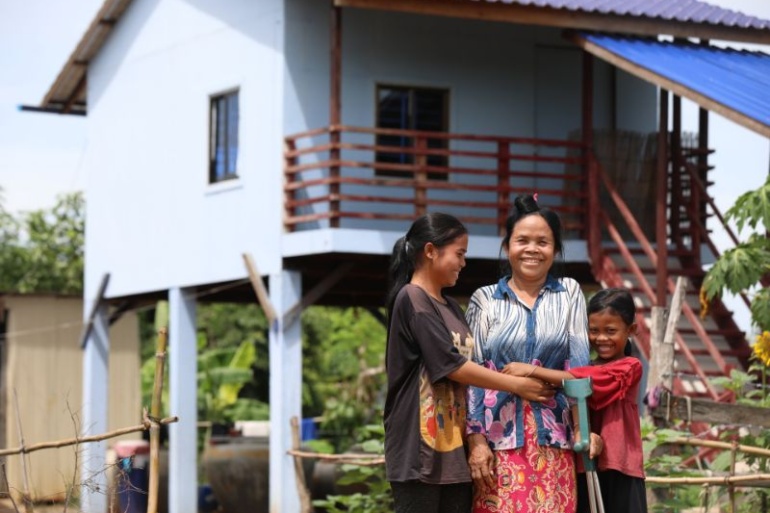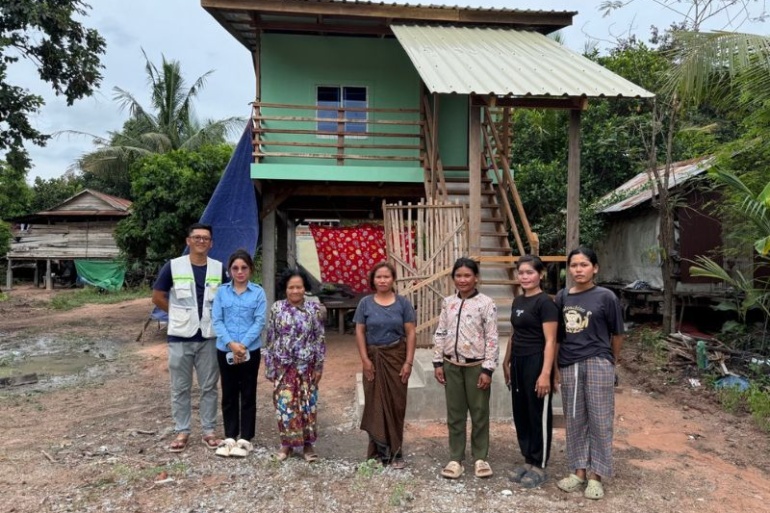Housing and climate resilience
We partner with communities across the Asia and Pacific region to identify those vulnerable to disasters and to increase local capacity to reduce disaster risks. Our aim is always to better respond and recover from them when they do happen.
Reducing the risks of disasters is a fundamental feature of Habitat for Humanity Australia’s work across the region, ensuring that any interventions are resilient and sustainable in high-risk disaster-prone areas. Habitat recognises that disasters and climate change have a disproportionate impact on the most vulnerable of communities and is inextricably linked to poverty and inequality.
Habitat recognises that disasters and climate change have a disproportionate impact on the most vulnerable of communities and is inextricably linked to poverty and inequality.
We work alongside communities in the Asia Pacific to increase their local capacity to reduce these disaster risks, and to better respond and recover from them when they occur. We increase local capacity for adaptation through community engagements such as the Participatory Approach for Safe Shelter Awareness (PASSA).
Reducing risks of disasters is a fundamental feature of Habitat for Humanity Australia’s work across the region, ensuring that any interventions are resilient and sustainable in high-risk disaster-prone areas. Improving housing, along with water security, WASH services and community capacity building is essential for improving resilience and adaptation to climate change.
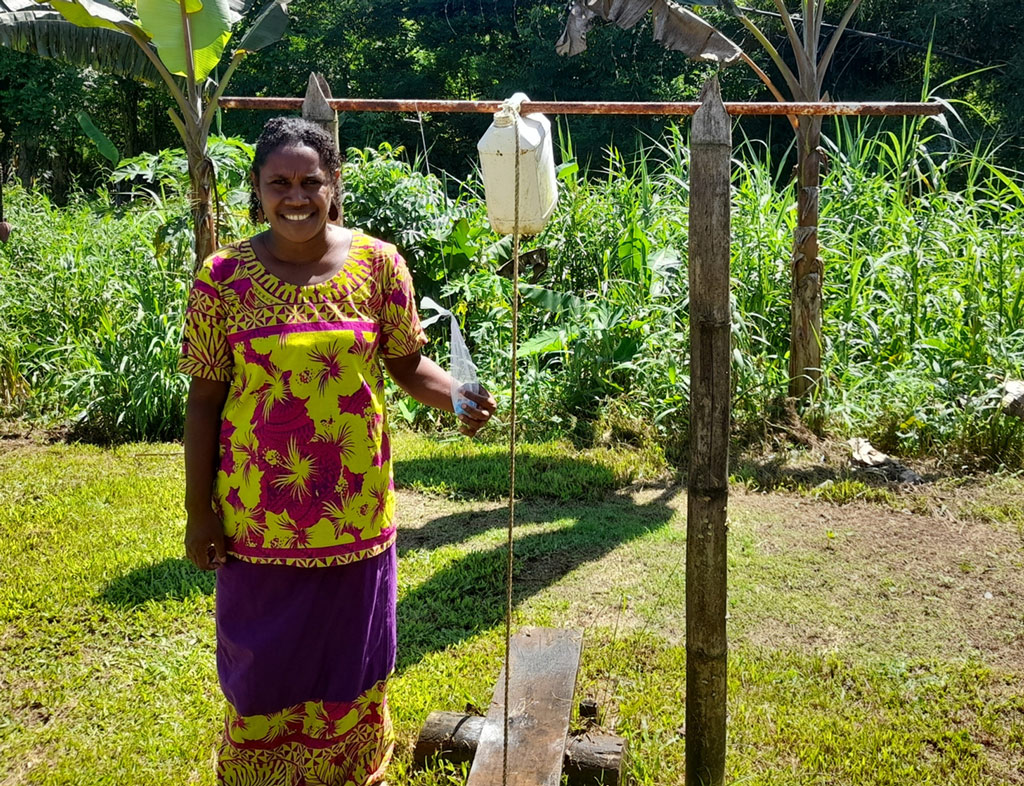
So, how does the climate impact housing in the Pacific?
Increased natural disasters
Climate change leads to more frequent and severe natural disasters, such as hurricanes, floods, bushfires, and droughts. These events can destroy homes, infrastructure, and people’s livelihoods, pushing people deeper into poverty and worsening existing housing insecurity.
Changing environmental conditions
Climate change can alter the physical environment, making certain areas less suitable for habitation. Rising sea levels and coastal erosion can force people to abandon their homes and extreme heat can make housing without proper ventilation unbearable. Those who cannot afford to adapt or relocate may become trapped in housing that endangers their health, safety and overall wellbeing.
Climate-induced migration
Climate change can cause forced migration as it disrupts ecosystems, exacerbates resource scarcity, and increases the frequency of extreme weather events. The influx of climate refugees can also strain resources and infrastructure in receiving communities, potentially leading to housing shortages and increased competition for affordable housing options.
Limited access to sustainable resources
Climate change also disrupts the availability of essential resources like clean water, useable land, and reliable food sources. Unreliable water resources impact agriculture which communities rely on for both their food source and their livelihoods. Limited access to clean water and sanitation facilities can result in health issues and the spread of diseases – both of which further perpetuate poverty.
Stories from overseas
Our Development Approach: Building Resilience Through Community-Led Action
Climate Resilient Communities
Building Climate Resilience Through Housing
Adequate Housing in Informal Urban Settlements
Building empowerment for women and marginalised groups in Cambodia
Women Empowered to Lead Change in their Community
Want to make a real difference in the world?
Global Village is the answer. Join us in our short-term international volunteer program to build and improve homes and futures for vulnerable communities overseas.


